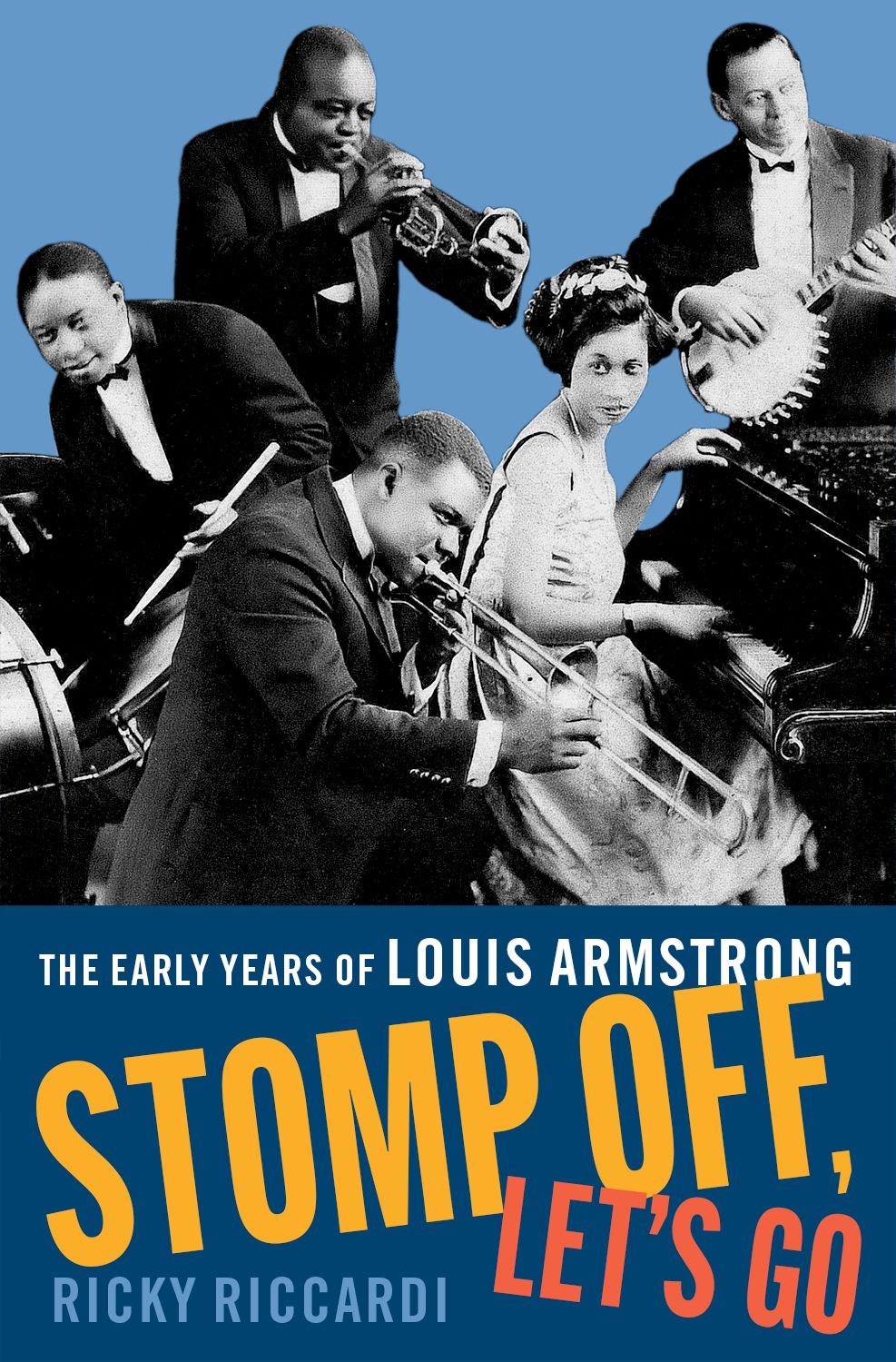2018 School Spending Survey Report
Stomp Off, Let’s Go: The Early Years of Louis Armstrong
COPY ISBN
VERDICT An exceptional conclusion to Riccardi’s brilliant trilogy.
0 COMMENTS
Comment Policy:
- Be respectful, and do not attack the author, people mentioned in the article, or other commenters. Take on the idea, not the messenger.
- Don't use obscene, profane, or vulgar language.
- Stay on point. Comments that stray from the topic at hand may be deleted.
- Comments may be republished in print, online, or other forms of media.
- If you see something objectionable, please let us know. Once a comment has been flagged, a staff member will investigate.
RELATED
ALREADY A SUBSCRIBER? LOG IN
We are currently offering this content for free. Sign up now to activate your personal profile, where you can save articles for future viewing



